Each edition contains the latest from the Grokkist Press, a wrap-up of events and highlights from our community, and a care package of snackable outside links selected to nourish your curiosity.
We respect your inbox – use the links at the bottom of this email to manage your subscription or unsubscribe if this is no longer for you.
Hey friends and fellow grokkists,
Whether you are still enjoying these last days of summer or are grateful for the lengthening days that herald the end of your seasonal affective disorder, I hope, as a great emailer once said, that this message finds you well.
Last week, we held our very first member-led grassroots workshop – 'The Music Itself' – gracefully orchestrated by our fellow grokkist member Grant Swift.
As an experimental format, my own personal hopes for this event were amply fulfilled – this was not merely a workshop, it was a demonstration that within each of us lies a unique symphony of wisdom, waiting to be shared and celebrated.
It was a space where vulnerability met validation, and personal narratives intertwined with collective understanding.
As the founder of Grokkist, my vision for our network is to create a space where curious and caring people feel empowered to bring forth their unique perspectives in a nurturing environment, coupled with a gentle nudge of encouragement, so that the wisdom that lies dormant within us can blossom into something extraordinary.
The success of 'The Music Itself' to me thus lies not only in what was shared but in the very act of sharing.
This workshop was a reminder that the first step in letting our light shine is often the most challenging, yet it's a step that can lead us to break the shackles of perfectionism, and to overcome the inertia of silence.
And in this case, as I had hoped, the interaction was far from a one-way street – it was a dynamic exchange where each participant added their own notes to the melody, creating a richer, more inclusive composition.
It is my sincere belief that each member of our community has a story, a piece of wisdom, a melody inside them that deserves to be heard. I am interested in all the ways we can make that happen – our grassroots workshops are just one of them.
In recognition of this small but significant milestone for the grokkist network, this edition's entire selection of Snackables is music-themed, inviting us to consider what music means to us and what it can be.
Grok on!
- Danu
This edition at a glance:
- Press: After the End of History: thoughts on thawing our frozen politics – by Danu Poyner
- Network: Recap of our very first member-led grassroots workshop - The Music Itself
- Snackables:
- Architecture in Music - the hidden spaces inside fine instruments
- Birdsong of the last Kauaʻi ʻōʻō
- We lost the ability to listen – how texts replaced songs as sources of wisdom and guidance
- Making audio waves that look and sound like things
- The tribe that communicated only by singing
This newsletter was sent to 475+ curious and caring subscribers. Help us expand the grokkiverse by sharing the link to this issue with others:
grokk.ist/newsletter/schole-supplement-37/
From the Grokkist Press
Articles, videos, podcasts and other creations
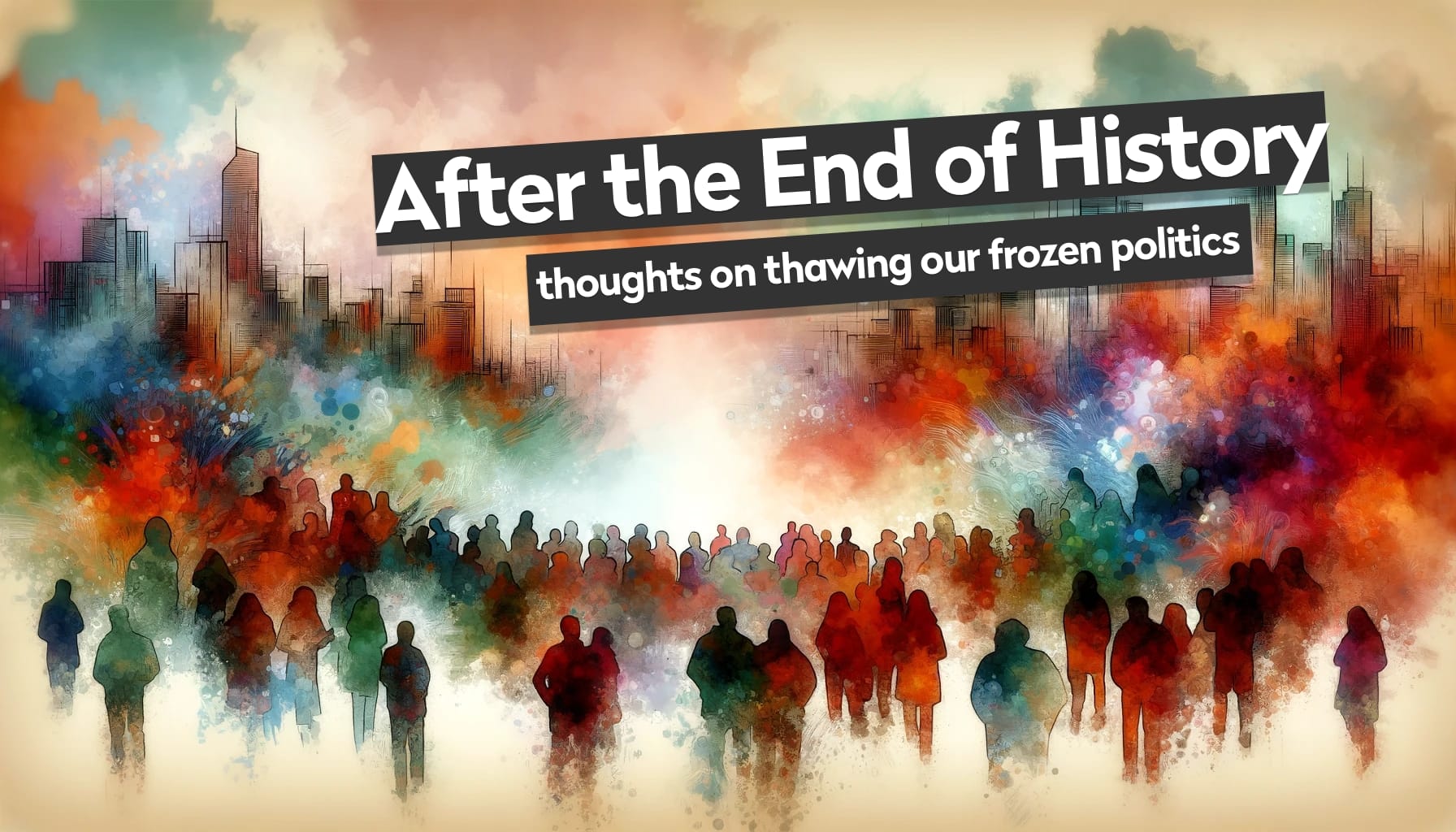
After the End of History: thoughts on thawing our frozen politics
by Danu Poyner (17 min read)
Few things divide us more than politics, yet one thing almost all of us can agree on is that our politics is broken. Liberal democracy itself is in crisis - why? Can there be hope of a more beautiful politics before it all falls apart?
From the Grokkist Network
Events and updates from our community
Community updates and highlights
Recap of our very first member-led grassroots workshop
'The Music Itself' event last week was a joyful, affirming and intergenerational experience, led by Grokkist member Grant Swift. The group discussion turned around these questions:
- What does music mean to you?
- What’s a musical experience you had that felt transcendent?
- How does the way we talk about music compare to the way we experience it?
- What language do we need to talk about the music itself?
If you're curious, here's a rundown of what music means to those who were present:
- “Tapping into some kind of fundamental life force.”
- “A universal language that gets everyone to drop their armour.”
- “My life. My most fluent language.”
- “It’s transcendent. It’s string theory. It’s the universe. I came to god through math and what a sense of humour.”
- “It’s unexpected. And it’s about the internal vibrations of what music does to your inner organs.”
- “I trained as an opera singer. I don’t have a good ear but it’s a physical thing. Singing is about what you can do with your body.”
- “A somatic body-moving experience. It’s about how it makes me feel and attuning the body to what we’re hearing.”
- “Music can always help me tap into deep heavy feelings or scratch whatever itch I’m feeling.”
- “A viscerally felt thing. I use dance to process emotions. Music starts in the gut and goes out from there. It’s relational - it has me asking ‘what would the music be like’ for whatever situation.”
- “Music is inspiration that transcends function and comes from the divine or beyond - it’s for its own sake. Etymologically, it’s the work of the muses.”
You can catch up on the recap, recording, and materials in our free Events Recording Library (Grokkist Network login required)
Featured events and meetups
We are a global community – featured events listed below are shown in the host's timezone. For all other dates, add +1 day for Aus/NZ.
Grokkist-Led Events
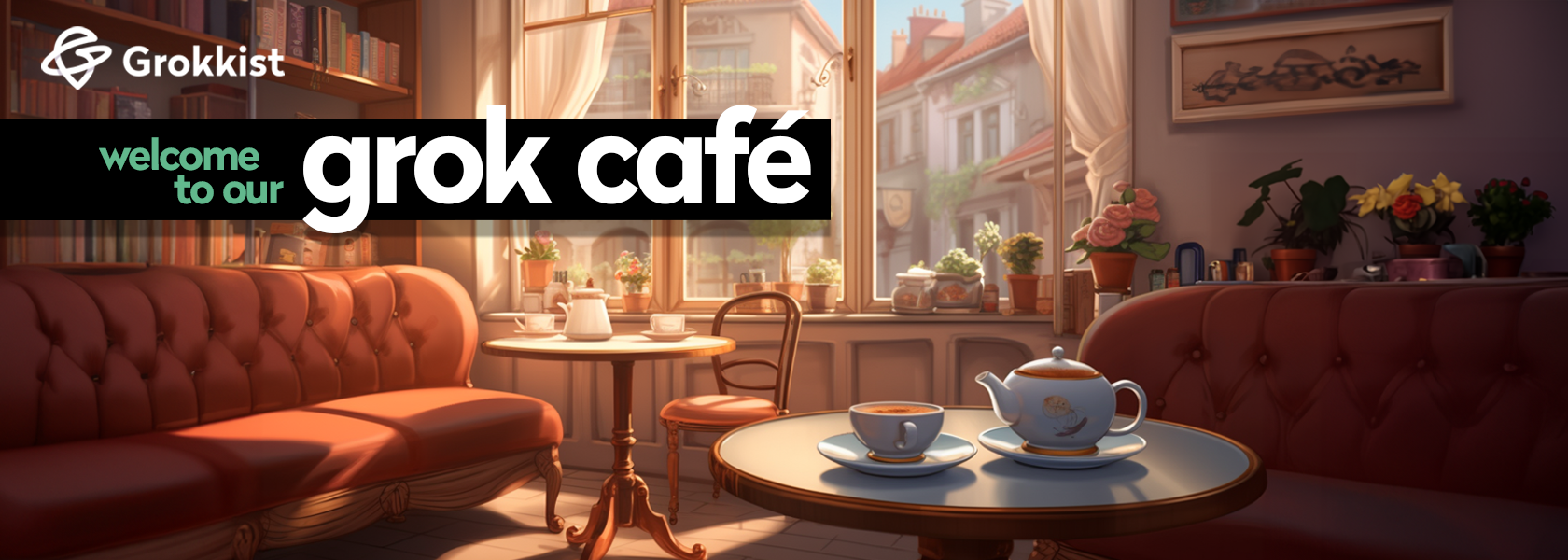
Grok Café
🗓️ Sun 25 Feb | 2–4pm PT (view in your timezone)
Facilitated by Emily McGill
Welcome to Grok Café. Our goal is to bring the grokkist community together in an informal and comfortable setting, unearthing connections and interests between participants.
Whether you’re a regular or a first-timer, come along and chill out to share a heart space, info-dump each other's passions, and discover new friends while discussing whatever you want.
Other Upcoming Grokkist-Led Events
- 7 Mar | Time, Focus and Flow (Further Together - paid-tier members)
- 15 Mar | Grok Café
Member-Led Events
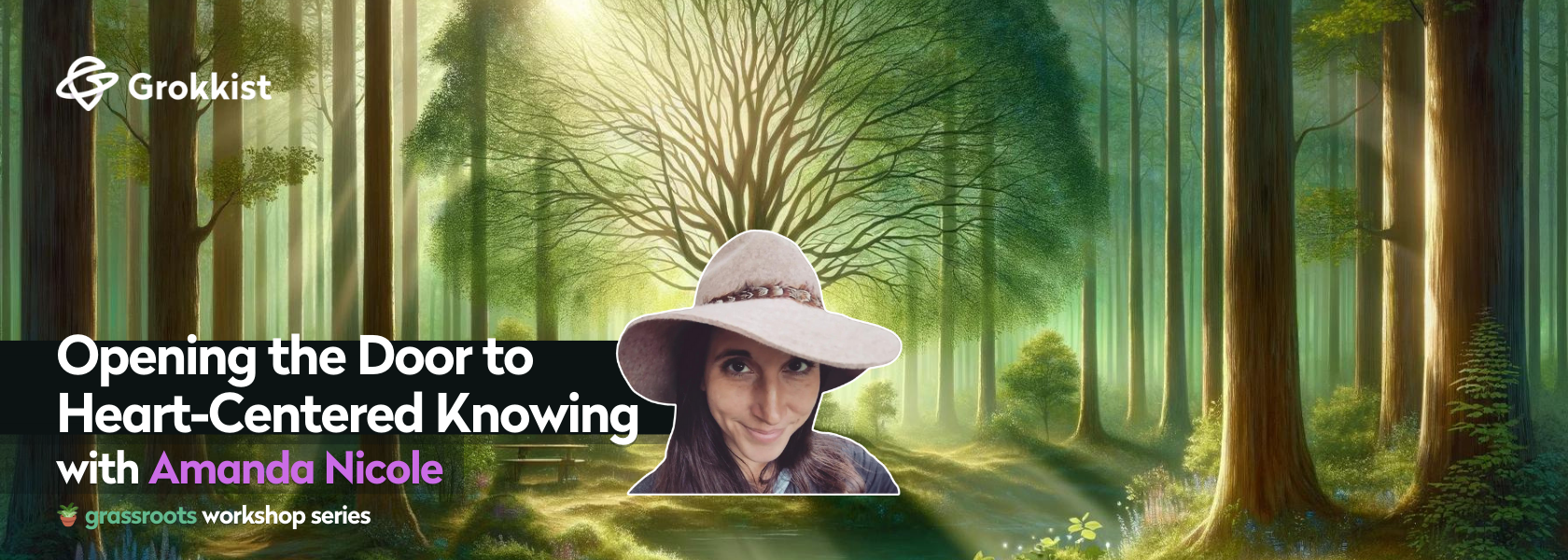
Opening the Door to Heart-Centered Knowing (Grassroots Workshop)
🗓️ Wed 29 Feb | 7–9pm ET (view in your timezone)
Hosted by Amanda Nicole
The Western world is a tumultuous cacophony of competing voices vying for the assent of our minds. Lost in linearity, our current ways of thinking reduce, extract, and analyze facts in order to assert a definitive conclusion and declare what can be known. This way of thinking is not sustainable. This way of thinking has forgotten our hearts. There are Other Ways of Knowing.
A plant whisperer creatively engaged in the emerging fields of plant consciousness and interspecies relationships, Amanda Nicole is fluent in the language of the heart and conversant with the trees. In collaboration with non-human nature beings, Amanda creates opportunities for humans to experience the elegant, sustainable, gentle voice of their own hearts. You are invited to join Amanda Nicole and the Tulip Poplar tree in an engaging exploration of the marginalized world of heart-centered knowing.
Other Upcoming Member-Led Events
- 13 Mar | Religion and Ritual (Themed Café)
- 21 Mar | Free Your Mind with Neural Magic (Grassroots Workshop)
- 28 Mar | Ecosophy Café
🍬 Snackables
Assorted awesome links to nurture your curiosity
#1 - Architecture in Music - the hidden spaces inside fine instruments
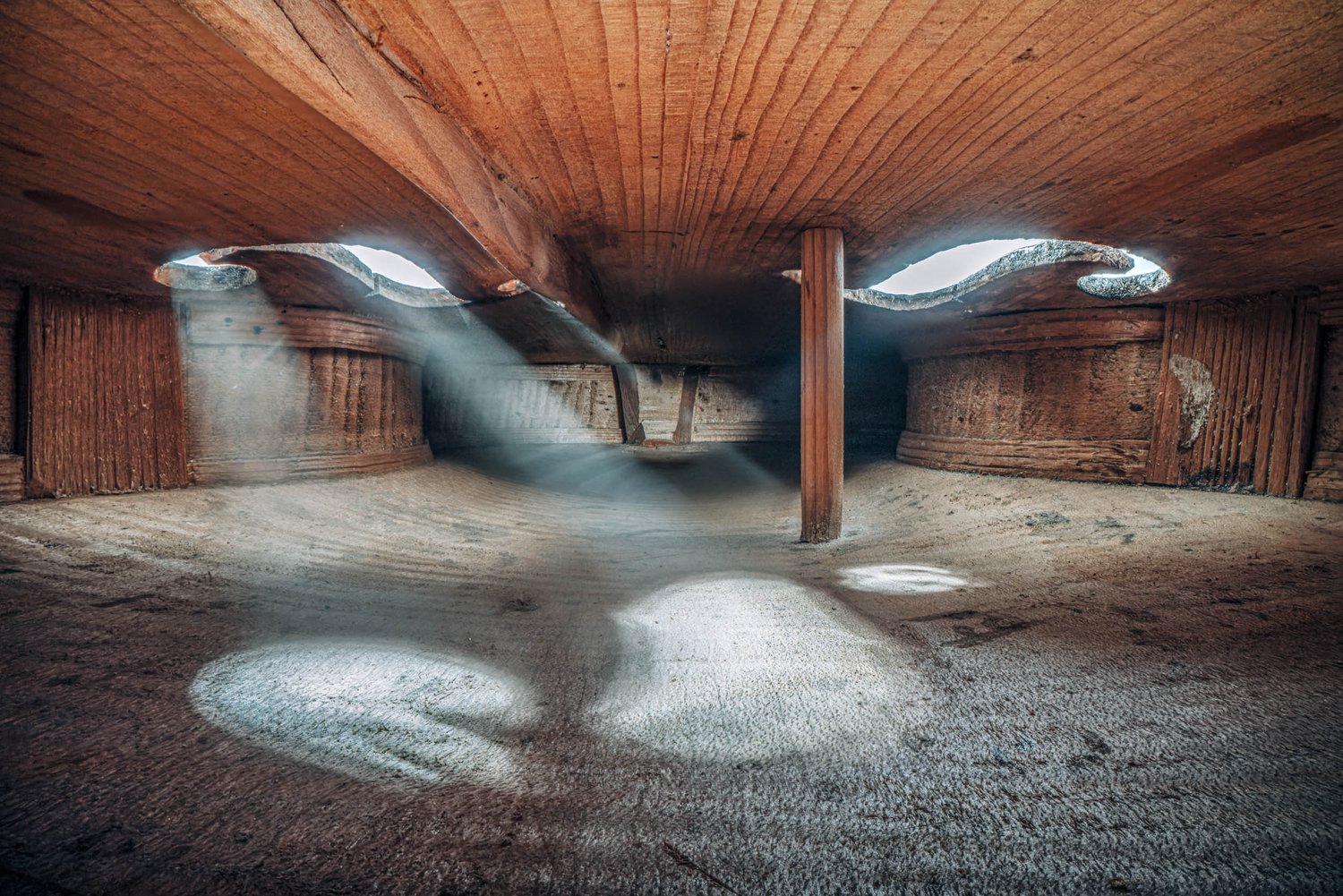

Auckland-based photographer Charles Brooks explores the hidden spaces inside fine instruments in his 'Architecture in Music' series. Brooks' photographs have exploded in popularity since 2022 and are displayed across the world from the halls of great conservatories, the walls of prestigious galleries and museums, to private homes and even revered scientific institutions such as the Large Hadron Collider.
#2 - Birdsong of the last Kauaʻi ʻōʻō
Something emotional – this 3-min CalArts film tells the story of the beautiful birdsong of the last Kauaʻi ʻōʻō, based on late field biologist John Sincock's experiences in Kauai. In the 1800s, mosquitoes were accidentally introduced to the Hawaiian Islands via ships. They brought with them avian malaria, a disease many birds were not able to defend against. The last bird of its kind responds to a recording of its birdsong, as if to a mate. “Do you think it knows?”
#3 - We lost the ability to listen – how texts replaced songs as sources of wisdom and guidance
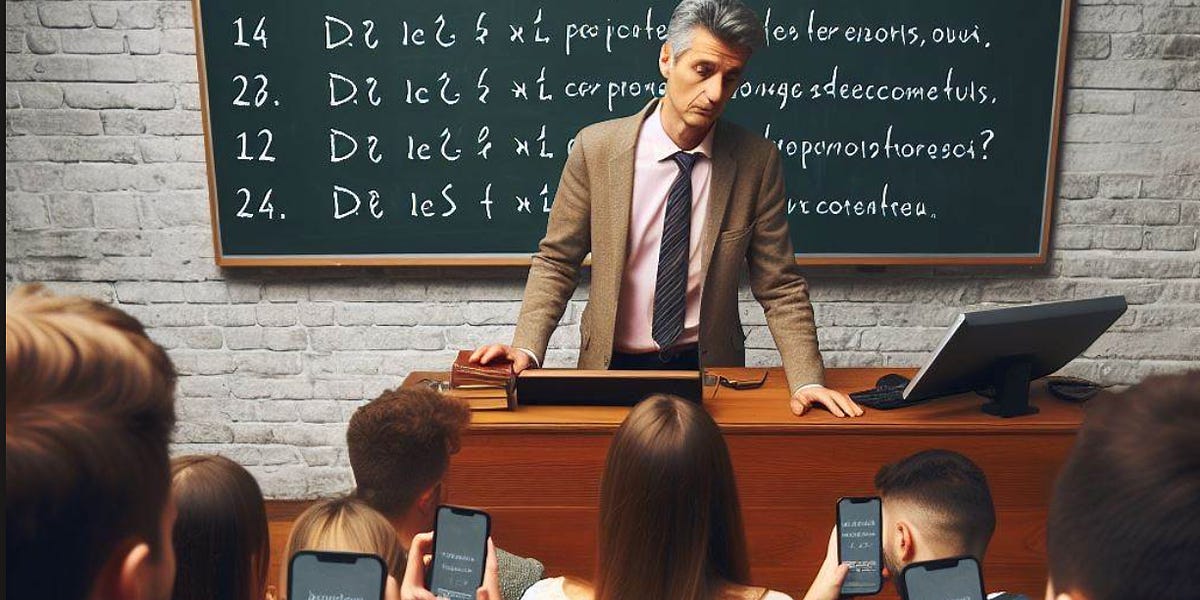
"We live in a culture dominated by text and images—not listening ... we value most what is easiest to encode." What if we had invented recording devices before the printing press? "Songs would be treated as the cornerstone of the humanities and learning, not an afterthought." Singing bards would be authority figures and we would continue to sing laws. This essay by Ted Gioia (who also made an appearance in our The Music Itself workshop) explores why, in the world we actually do live in, "hearing with discernment" is an undervalued skill worth cultivating. (4100 words)
#4 - Making audio waves that look and sound like things
Music is math, and everything is also everything else. What can be drawn with a waveform? Here is a game of continuous pitch-bending for audio waves. Take an image, create two audio envelopes for the upper and lower halves. Use the envelope tool to trace the image. Now you have shapes that sound like things. This story starts with a fish, contains real squirrels, and ends with a cow waveform that – incredibly – sounds like a moo. The Moosic Itself. (4 min)
#5 - The tribe that communicated only by singing

A short parable about a small singing tribe living deep in the Guyanese rainforest (1300 words). Their word for person also means singer – "they believed – in fact, thought it completely obvious – that all creatures can speak in their own languages. Even trees and plants can do that. Nothing special. Only people can sing though, really sing, or so they believed."
I sometimes imagine the moment when they first encountered other people – people who didn’t sing all the time; in fact, hardly sang at all. The profundity of the pity they must have felt.
And what about the first member of their tribe to stop singing? He or she got close to those outsiders, I suppose, spent a while with them, started learning their language. And at some point in that process they made the decision, consciously or not, to speak – unequivocally speak – rather than sing some words. What a moment that must have been.
Although it's short, the story contains many twists and turns. And although it's fictional, it delivers a big emotional and ethical wallop right at the end.
A parting thought...
"You are the music while the music lasts."
— T. S. Eliot
- Hit reply and share what's on your mind
- Tell a friend - here's a direct link to join the mailing list
- Explore ways to get involved in the grokkist community
- Find a time to meet with me 1:1

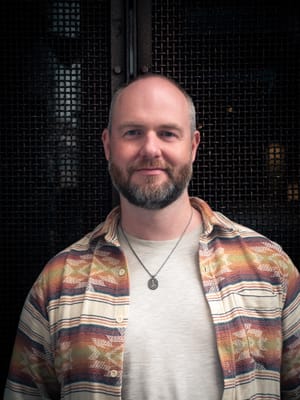







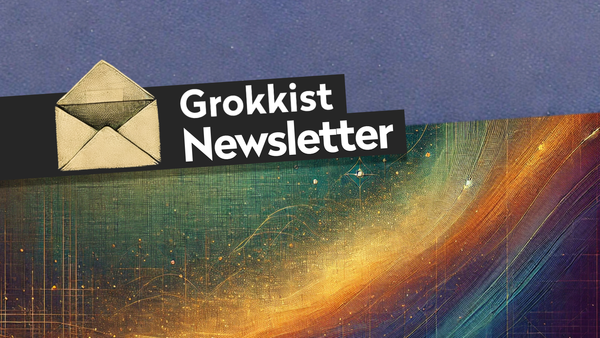
Member discussion